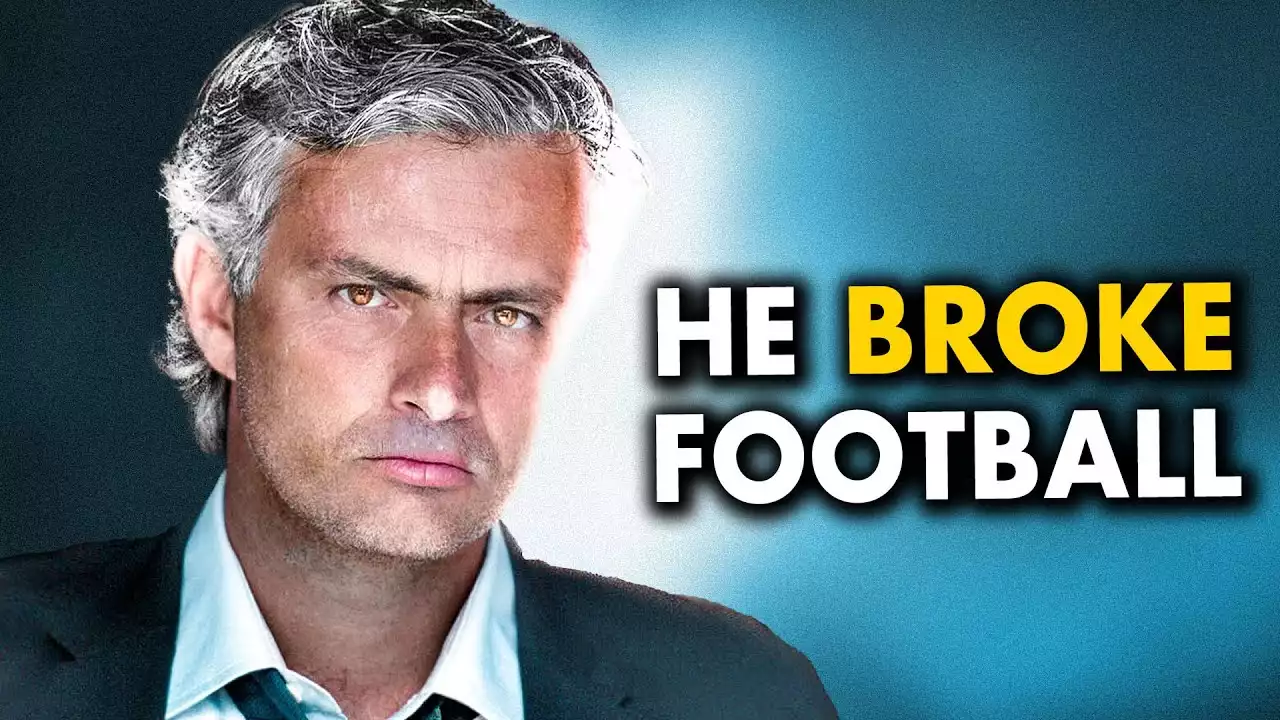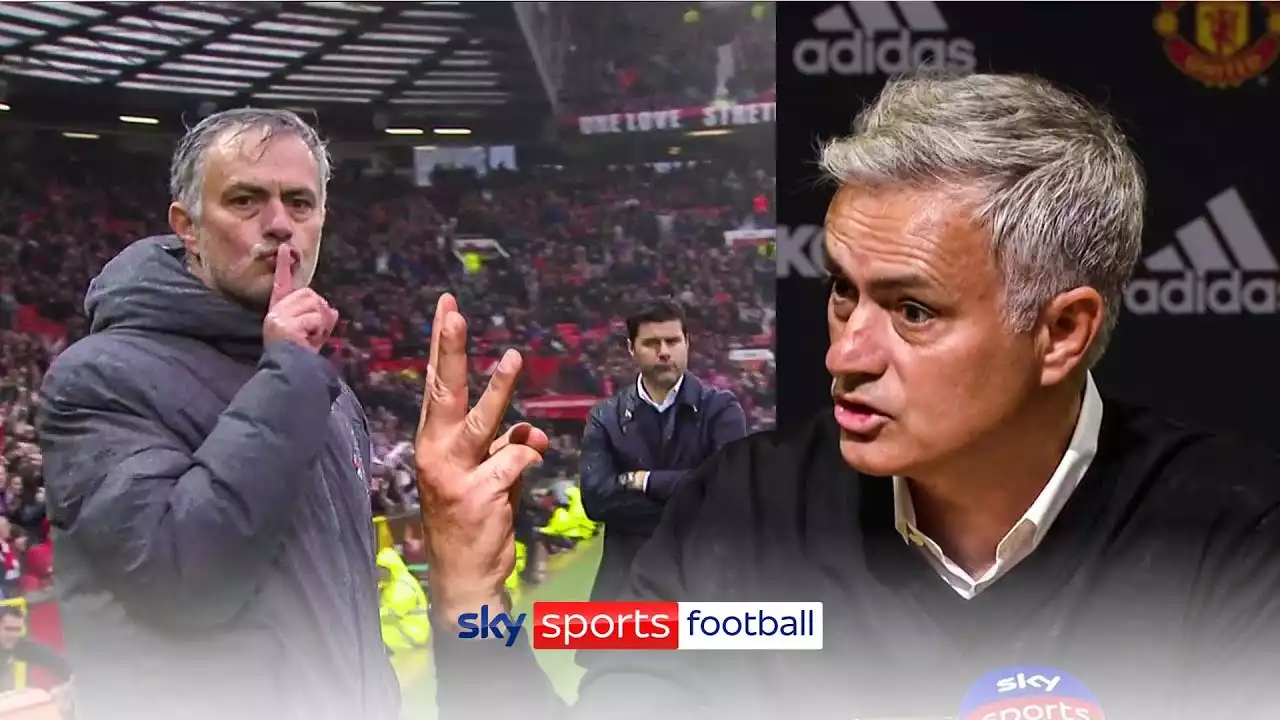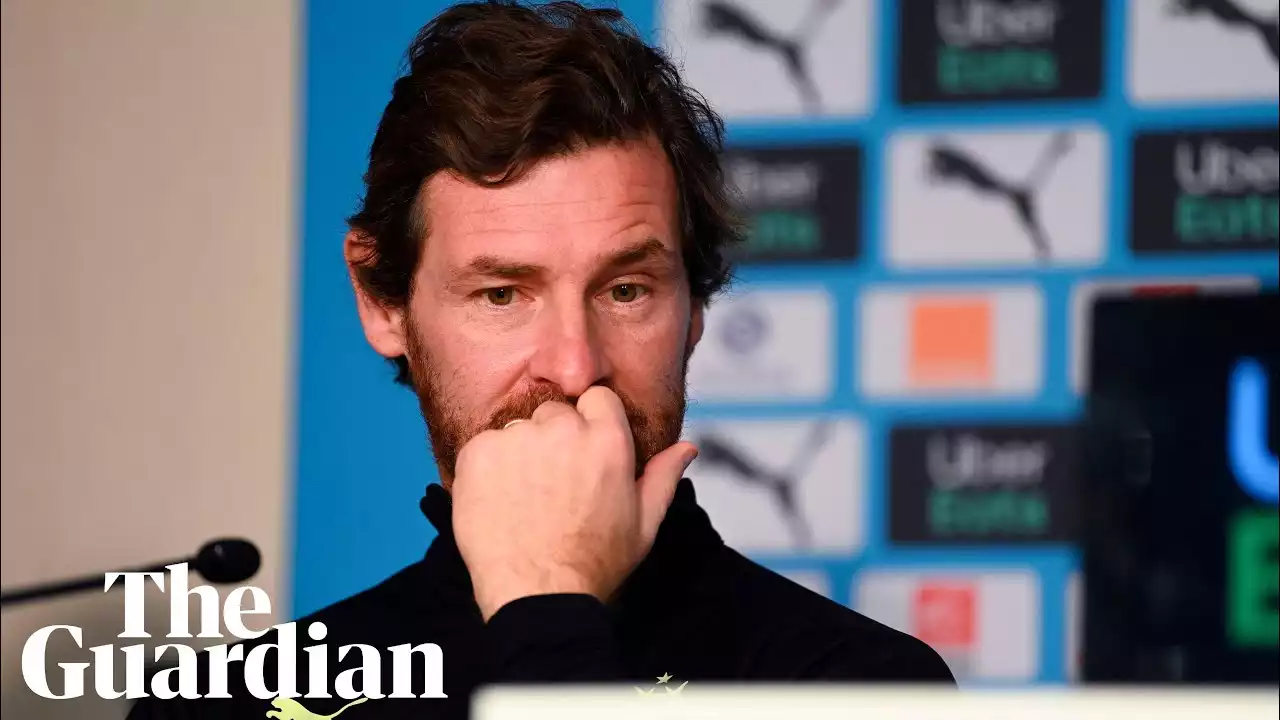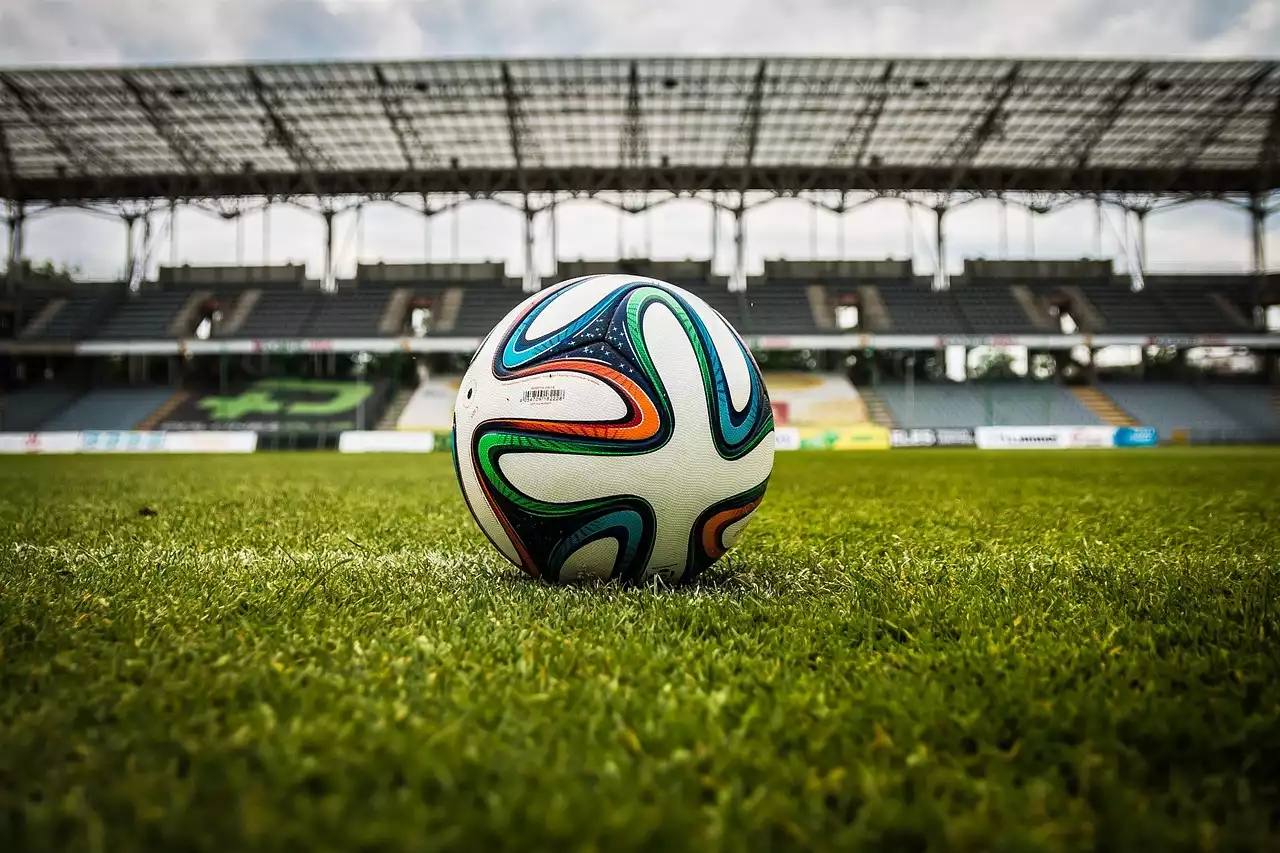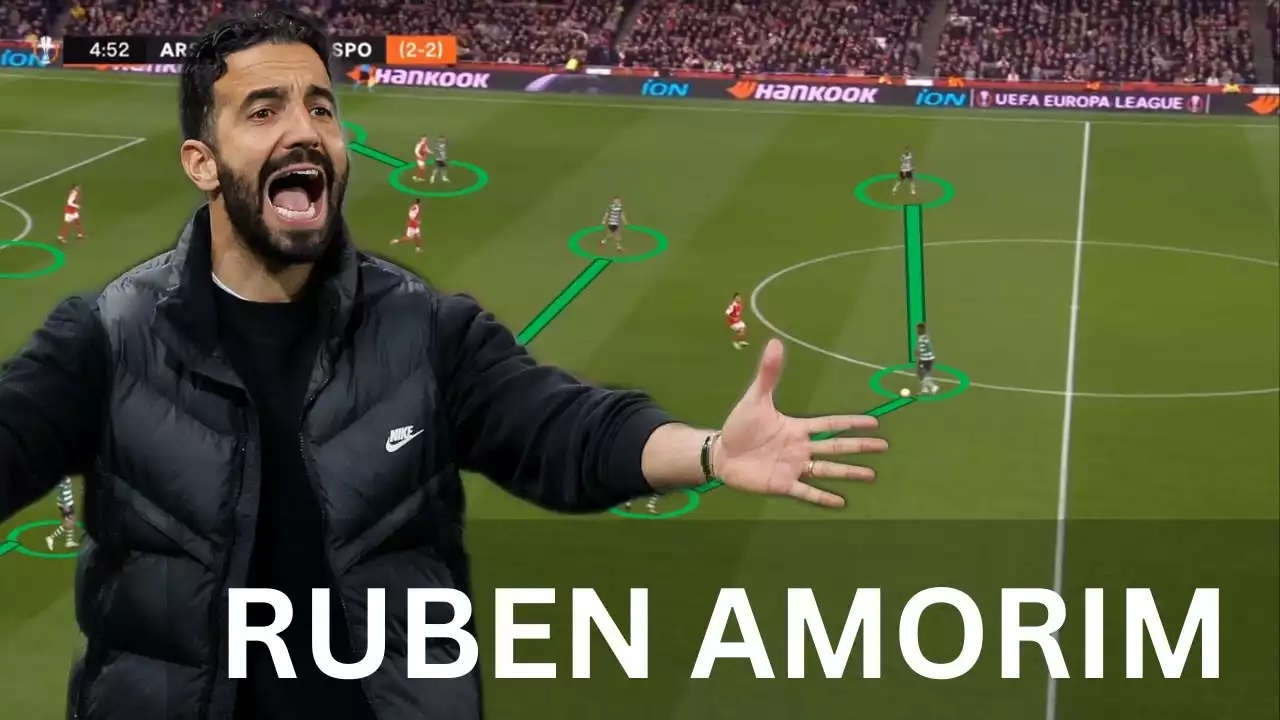What makes a manager influential?
Before we dive into the top five influential managers in Liga Portugal's history, let's take a moment to understand what sets them apart from others. An influential manager is not just measured by the number of trophies they have won, but also by the impact they have had on the game and their ability to inspire and lead their teams to success. These managers possess a unique blend of tactical acumen, man-management skills, and the ability to adapt to changing circumstances. They have the knack for making bold decisions, motivating their players, and instilling a winning mentality within their squads. It is their ability to create a winning culture and leave a lasting legacy that sets them apart from the rest.
Manager 1: Jose Mourinho - Porto FC
One cannot speak about influential managers in Liga Portugal's history without mentioning Jose Mourinho. The Portuguese tactician burst onto the scene with Porto FC, leading them to an unprecedented treble in the 2002-2003 season - winning the Primeira Liga, the Taca de Portugal, and the UEFA Cup. Mourinho's tactical brilliance, attention to detail, and ability to get the best out of his players were evident throughout his tenure at Porto. His team played with a well-organized defense, quick and incisive counter-attacks, and a strong team spirit that made them virtually unbeatable. Mourinho's success with Porto earned him a move to Chelsea in the English Premier League, where he continued to make his mark as one of the best managers in the world.
FC Porto ● Road to Victory UCL 2004 | The Great Journey of "Special One" Jose Mourinho
Manager 2: Jorge Jesus - SL Benfica
Jorge Jesus is another influential manager who has left an indelible mark on Liga Portugal. During his tenure at SL Benfica, Jesus led the club to an unprecedented period of success, winning three consecutive Primeira Liga titles from 2010 to 2013. His high-intensity pressing style of play, coupled with his meticulous planning and attention to detail, made Benfica a force to be reckoned with in both domestic and European competitions. Jesus' ability to develop young talents and his emphasis on attacking football endeared him to the fans and cemented his place as one of the most influential managers in Liga Portugal's history.
JORGE JESUS - ENTREVISTA COMPLETA
Manager 3: André Villas-Boas - FC Porto
André Villas-Boas is a name that cannot be left out when discussing influential managers in Liga Portugal. At the age of just 33, Villas-Boas took charge of FC Porto and led them to an extraordinary season, winning the Primeira Liga, the Taca de Portugal, and the UEFA Europa League. His attacking philosophy, high-pressing game, and his ability to extract the best out of his players earned him comparisons to his mentor, Jose Mourinho. Villas-Boas' success with FC Porto earned him a move to Chelsea in the English Premier League, where he became the youngest manager to win a major European competition. His impact on Liga Portugal cannot be understated, as he showcased the potential of young managers and revolutionized the way the game is played in Portugal.
Manager 4: Manuel José - Sporting CP
Manuel José is a managerial legend in Liga Portugal, known for his astute tactics and ability to develop young talents. During his time at Sporting CP, Jose led the team to three Primeira Liga titles, firmly establishing them as one of the country's top clubs. His emphasis on attacking football, coupled with his ability to spot and nurture young talents, made Sporting CP a force to be reckoned with. Jose's success at Sporting CP paved the way for future generations of managers and left a lasting impact on the club and the league as a whole.
Manager 5: Artur Jorge - FC Porto
Artur Jorge is one of the most successful managers in Liga Portugal's history, having led FC Porto to three Primeira Liga titles and a UEFA Champions League triumph in the 1986-1987 season. Jorge's tactical acumen, ability to build strong defensive units, and his emphasis on discipline and team spirit made FC Porto a dominant force in Portuguese football. His success at FC Porto opened the door for future generations of managers and set the stage for the club's continued success in the years to come.
Honorable mentions: Other influential managers in Liga Portugal
While we have highlighted the top five influential managers in Liga Portugal's history, it is important to acknowledge the contributions of other influential figures who have left their mark on the league. Managers like Toni Oliveira, Toni, and Vitor Pereira have all made significant contributions to Liga Portugal, guiding their teams to success and leaving a lasting legacy.
Impact of these managers on Liga Portugal
The impact of these influential managers goes beyond just their achievements on the field. They have not only revolutionized the game in Portugal but have also inspired a new generation of managers and players. Their tactical innovations, man-management skills, and ability to create winning cultures have set the standard for excellence in Liga Portugal. The legacy of these managers can be seen in the continued success of Portuguese clubs in European competitions and the development of young talents who have gone on to make their mark on the global stage.
